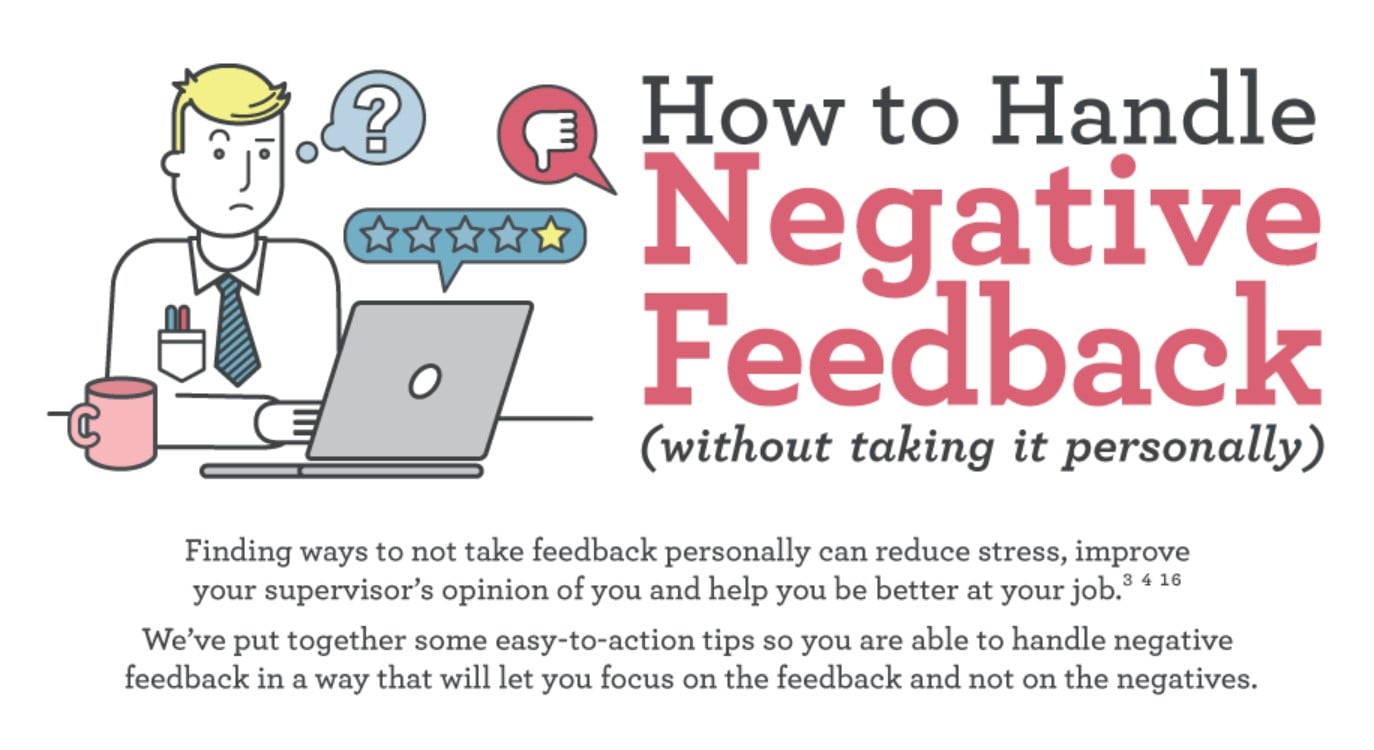For a business to progress, its leaders need to learn from their mistakes and constantly innovate new ways forward. Sometimes, this means facing up to some uncomfortable truths – and not taking them too personally when you hear them. Negative feedback is essential if a business is to grow. A lack of feedback either means that nobody cares about the business, or that everyone’s happy for it to sail along on a stream of mediocrity. To achieve excellence, you must interrogate the way you work; it helps an awful lot if you have colleagues and customers who are prepared to tell you where you need to improve, even if it stings to hear it.
Q2 hedge fund letters, conference, scoops etc
But not only will learning to accept and process negative feedback help your business to improve, it will also boost your standing among your professional community. When folk recognize that you are calm, hard-working, and eager to seek ways to improve, they will understand that you’re in control of your game. That you are to be valued and trusted.
It all begins with the way you conduct yourself while receiving negative feedback. The trick is not to take it as a personal attack, but to understand it as a way of processing actions that you have made in the past. It should not be an argument, but a conversation – which requires calm, careful listening. It helps to regulate your breath, keep your shoulders low down in their sockets, and your body language open while you listen. This body language will calm you, and communicate to the other person that you are listening and being reasonable.
Listening to negative feedback without responding does not mean ‘defeat.’ Neither does it mean you should unconditionally accept the criticism and immediately apologise. This would be meaningless without first thinking through what it is you are apologizing for, and the best way to say it.
After hearing negative feedback what to do
In fact, before apologizing you should actually thank the person with the criticism for helping you. This is a great way to keep communication open and positive. It also psychologically prepares you for the idea that the criticism is a useful contribution and not an attack.
If you’re not sure how to respond verbally or what to do to correct or progress from negative feedback, simply ask for some time to process it. Even taking sixty seconds to digest the criticism can help you to offer a more considered and rational response and to avoid descending into hostility. If you think you need longer to reply meaningfully, ask for an hour or a day.
Use that time to make a note of exactly what was said. Putting it down in black and white can help you to read it more objectively, and to remember the exact points that you need to work on. Once you’ve made your reply, establish with the complainant a timescale for you to rectify the situation. Maybe you immediately need to adjust your workflow; maybe you need to deliver better results by the end of the quarter. It is also worth asking for particular examples of what the person is complaining about, as well as what they would consider to be an appropriate improvement.
Questions to answer
Finally, ask yourself three questions before moving on:
- What can I learn from this incident?
- Why did I have such a strong emotional reaction to it?
- What should I do next?
Equipped with negative feedback on the way you work, and a workflow to process and improve on it, you are sure to progress to better things. For more guidance on how to do so, check through this visual guide to negative feedback from CashNetUSA.






